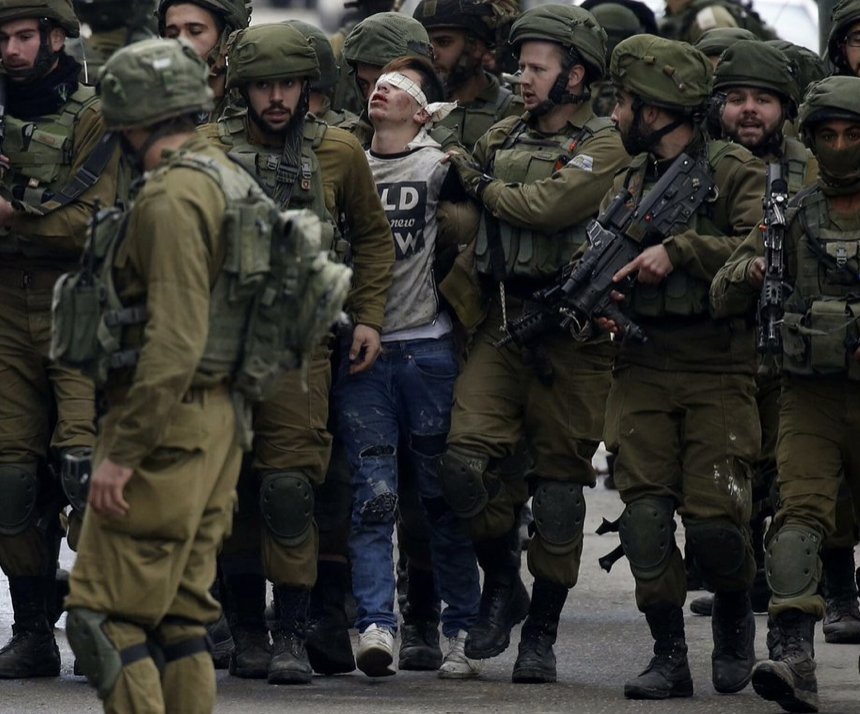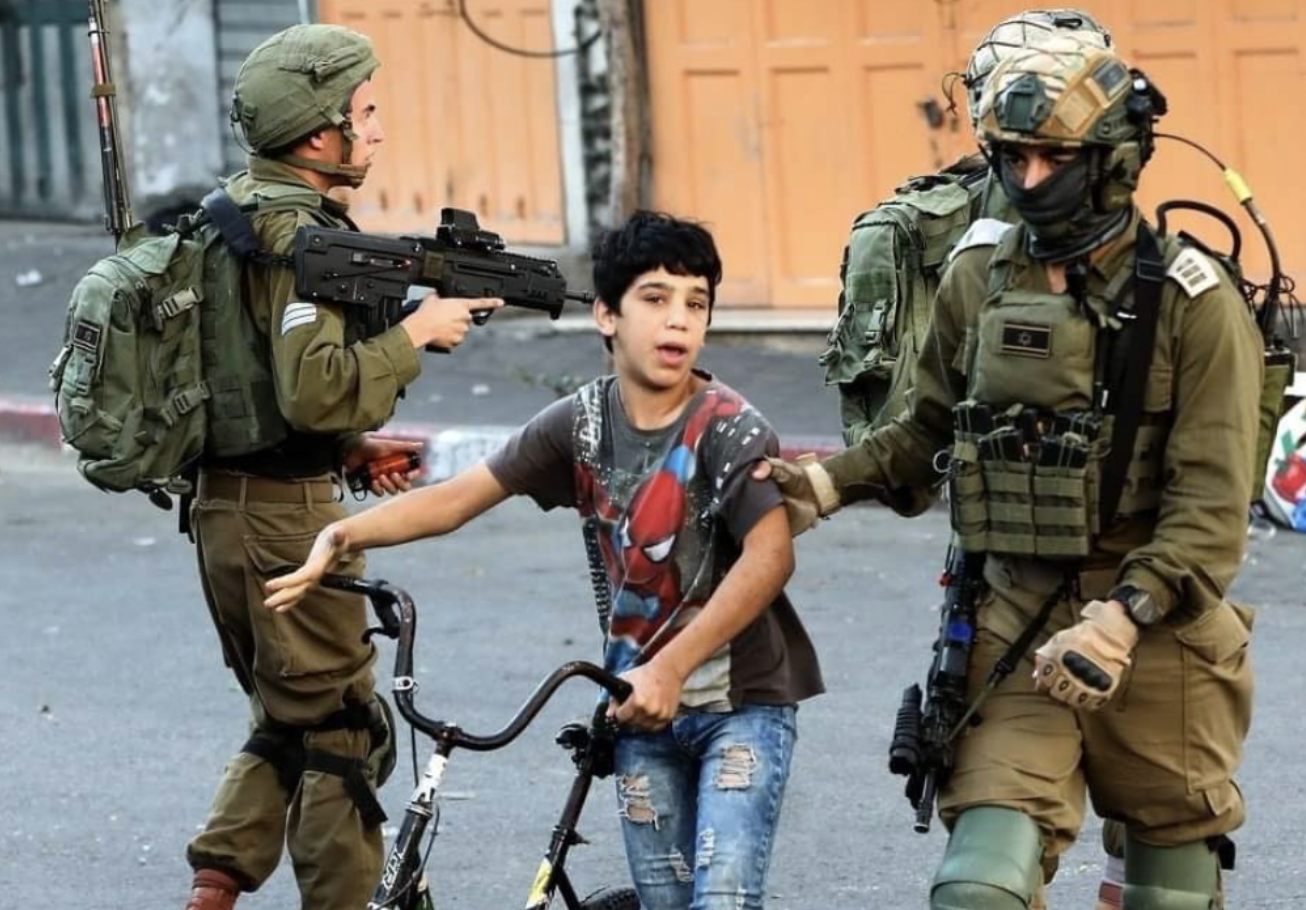
Administrative detention
allows a state to detain an individual without charging them with a specific crime or stand trial.
There are numerous accounts and allegations of torture and ill-treatment in Israeli jails.
human rights organizations, such as Amnesty International and Human Rights Watch, have documented these allegations over the years.
Physical Abuse:
Reports have emerged detailing instances of physical abuse, including beatings, violent shaking, and use of restraints, resulting in injuries and sometimes death.
Psychological and Emotional Abuse:
Detainees have reported psychological pressure, including threats of violence, isolation, and use of psychological tactics to induce fear and distress.
Inhumane +Degrading Treatment:
There have been allegations of inhumane and degrading treatment, such as the use of stress positions, sleep deprivation, and exposure to extreme temperatures.
Denial of Legal Rights:
Palestinian detainees have reported instances of denial of access to legal representation, limited contact with family members, and obstacles in receiving proper medical care.
Israel has denied these allegations.
Despite the denials, these allegations have drawn significant international attention and have been the subject of numerous investigations by various human rights organizations. Efforts to address these concerns and ensure the protection of detainees' rights continue to be a focus of human rights advocacy groups and international bodies.






The Convention on the Rights of the Child (CRC),
adopted by the United Nations General Assembly in 1989,
is the most comprehensive treaty on the rights of children.
Article 37 of the CRC emphasizes that:
No child shall be subjected to torture or other cruel, inhuman or degrading treatment or punishment.
No child shall be subjected to torture or other cruel, inhuman or degrading treatment or punishment.
No child shall be deprived of his or her liberty unlawfully or arbitrarily. The arrest, detention or imprisonment of a child shall be in conformity with the law and shall be used only as a measure of last resort and for the shortest appropriate period of time.
Every child deprived of liberty shall be treated with humanity and respect for the inherent dignity of the human person, and in a manner that takes into account the needs of persons of his or her age. In particular, every child deprived of liberty shall be separated from adults unless it is considered in the child's best interest not to do so and shall have the right to maintain contact with his or her family through correspondence and visits, save in exceptional circumstances.
